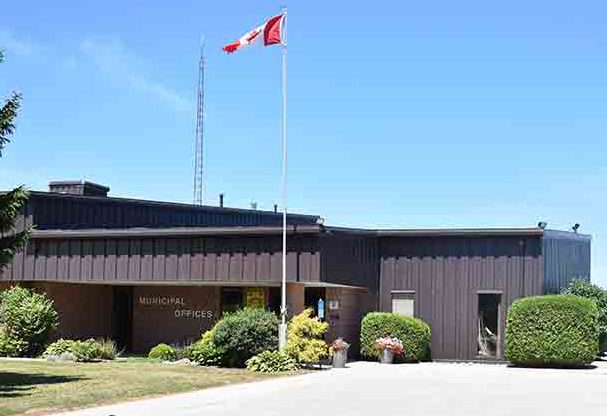PUSLINCH – Puslinch Township council approved its 2021 budget on Feb. 10 with a 0.93 per cent increase from last year on the local portion of the tax bill.
On a home valued at $601,000, that amounts to an extra $9.47 a year.
With the Wellington County and education portions factored in, the blended increase is 0.98% or an extra $55.13 on a $601,000 home.
The budget includes $2.9 million in operating costs and $1.5 million in capital projects.
Budget highlights include:
- $1.36 million into a capital discretionary reserve, including $157,800 for gravel road improvements;
- $1.2 million on road, culvert and storm water management projects on Concession 4, McLean Road East and West, Gilmour Road culvert, and Hume Road railway crossing; and
- enhancements to township parks and facilities.
Director of finance Mary Hasan told council the township is projecting an estimated surplus of $449,532 for 2020, which normally would be allocated to the asset management discretionary reserve.
Councillor John Sepulis proposed starting a reserve to fund broadband strategies and councillor Jessica Goyda wondered if it was time to start a reserve fund for gravel roads as well.
“There was a time that the projection (for the asset management reserve) was well below the recommended minimum,” said Goyda,
“Now I wonder if we should move the surplus to other funds, like gravel roads.”
After some discussion council decided to leave most of the surplus in the asset management reserve but to put $7,100 in a broadband reserve and $2,900 in a gravel road discretionary reserve.
Goyda also suggested writing a letter to the Minister of Infrastructure, “to let him know how the OCIF fund helped us reach (almost) 0%,” she said.
“I had the same thought process,” said Seeley, adding the OCIF (Ontario Community Infrastructure Fund) grant and Safe Restart funding from the Ministry of Municipal Affairs and Housing allowed for a minimal tax increase while still advancing critical infrastructure projects.
“Those two key funding grants allowed us to have a very responsible budget.”
Seeley also represents Puslinch Township at the Top Aggregate Producing Municipalities of Ontario group (TAPMO), which is lobbying government to find a different way of assessing aggregate properties.
The current system “shifts the collection of property taxes to the residential base to fund ongoing municipal operations,” reads a letter from the organization.
TAPMO is starting a communications initiative to bring its message to MPPs and key government departments and is seeking financial contributions from member municipalities.
“The approach is to identify the inequity in the assessment model as well as potential methods for MPAC’s review, with the intention of having an improved assessment approach adopted by MPAC before the next assessment valuation cycle,” the letter states.
Seeley said the assessment method needs to be revised, “but TAPMO can’t get in front of the province,” he said.
“If we can get this done, we’ll be a hero to many municipalities,” he said.
“This is our last chance. I’m pretty confident, but it’s a risk.”
Councillors agreed the current assessment model has aggregate companies paying less than industrial properties, yet the wear and tear on municipal roads is a cost borne by all municipal ratepayers.
“This is a different approach,” said councillor Matthew Bulmer. “We’ve got to give this a try.”
Council agreed to allocate $2,100 from the 2020 surplus to TAPMO.




